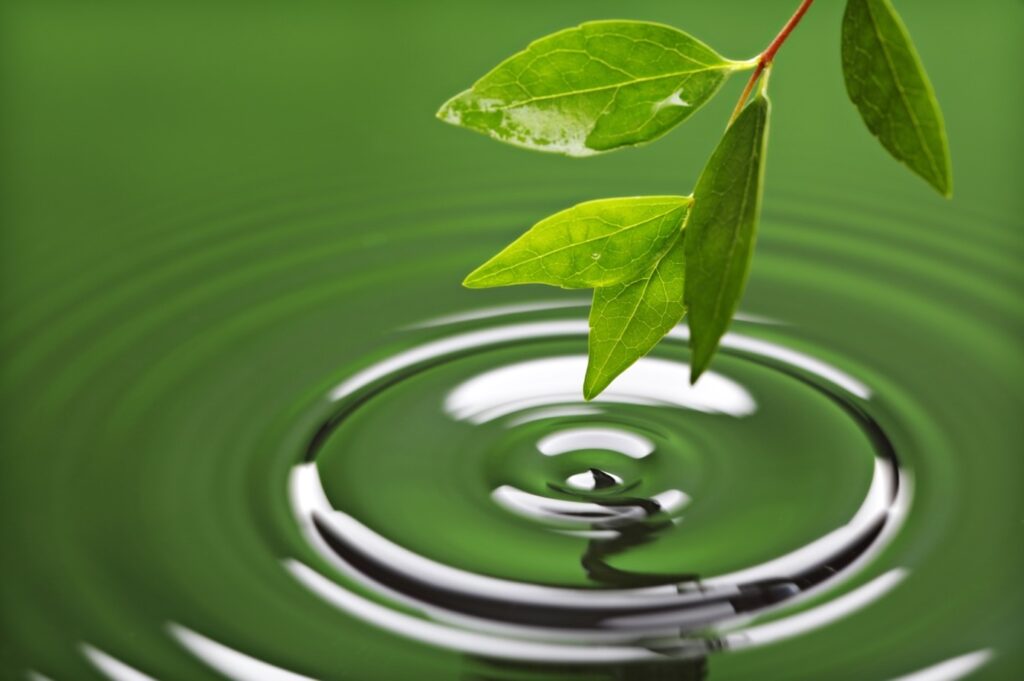As the world has become increasingly busy and fast-moving, time seems to be an abstract concept that eludes people’s minds. We all submerse ourselves in the present, often overwhelmed and numbed to the experience. We blindfold ourselves, mesmerised by our vast to-do lists, and believe in our multitasking ability to make it through. Still, we forget that we don’t possess superpowers and end up drained of energy or cheating ourselves of precious moments sacrificed so that we may accomplish our overscheduled calendars.
Leaders, counsellors, coaches, and experts in the field of supporting individuals in search of the magic formula of “balance” in their day-to-day life, suggest that the solution is to ensure everyone has time for self-care. They talk about the relevance of setting time aside for recharging. They recommend indulging solutions to recover from a busy agenda, such as a weekend away, a night out in a fancy restaurant, a spa treatment, thermal waters, healthy eating weekend retreats, massage, chocolate, and more.
However, while this list of fun and enjoyable activities may contribute to some self-care and may help you smile and provide some comfort, that feeling will be temporary and soon be just a memory – it will not necessarily “make a dent in” or change your way of living. Upon your return, your life schedule will still be there waiting for you.
Self-care is a construct defined by establishing behaviours towards ensuring holistic well-being. It also adds a connotation towards preserving our mental health and being responsible for managing our levels of stress. At the core of self-care, we must understand it is not a quick way of giving ourselves comfort but a habit that we must adopt into our lifestyle, where we are aware of our needs and learn to manage ourselves efficiently. It is a way to ensure we monitor our stress levels and calculate the time to spend doing the things that matter most to us. Having this consistent routine and way of handling our daily lives would make space for being conscious of our needs and addressing them promptly.
A place to start to take ownership of our self-care practices, like any other activity we engage in, needs to be based on a deep belief that we are worthy of receiving care and taking time out. We need to assess our values and our definition of time, understand what we truly value, and in that equation, factor ourselves in. From a logical point of view, if we are not mentally fit, emotionally balanced, and physically healthy, we won’t be able to serve others or even complete our to-do lists. Self-care, more than a catchy phrase or a comfortable excuse we do to take a day at the beach, is genuinely adopting a different attitude in life.
Self-care is not evading problems, running away from them or avoiding stress. Self-care is about building tolerance and resilience to cope with difficult times. It is managing our time efficiently by focusing on one task at a time and not over-committing. Self-care is about setting healthy boundaries and agreeing to only the essential functions, being productive by doing what we can and delegating what we need to, managing our load and saying “no” when necessary. Self-care is about setting attainable goals, being accountable for our duties and responsibilities and managing them efficiently.
Self-care is about re-setting our lives with a new view, starting by organising our calendars with realistic expectations whilst considering time for ourselves. Ensuring we respect our limits and commit to doing only what is reasonable. We set medium-term trimester goals and enlist support to delegate tasks others can complete helping us achieve our best. We budget for the times ahead and focus on what is essential. We take one project at a time, and we rejoice in seeing it completed. We consider time for positive relationships that makes us stronger. We decline relationships that drain our energy or deplete our souls. We don’t waste time and procrastinate, as we have a clear objective, less is more, so a task day helps us achieve more and be focused.
Self-care then unfolds into a way of living, a new outlook, a practice, and a habit that changes our life meaningfully. When we manage to step into this type of change, we have acted, using self-care as a preventative measure. Self-care becomes a proactive approach compared to purely opting for self-care when we are on the brink of burn-out, and we realise that deep inside, we mask the guilt and uncomfortable feelings of self-neglect because we may feel undeserving.
Self-care, as a practice, invites you to reflect with optimism on reviewing your true worth, learn to value your efforts, accept that good enough is enough, and let go of perfectionism, learn to work in collaboration instead of taking all the responsibility. Learn to plan and follow your plan intentionally. These will build resilience and provide the strength and ability to cope mentally, emotionally, and physically with challenges that may present on the way. Challenges are inevitable, but how we deal with them makes a difference. We all need energy, a clear mind and emotional balance to face them.
Self-care’s true meaning is a way of living, a way where we choose ourselves in the equation of life because we are deserving and are here to enjoy life after all.



